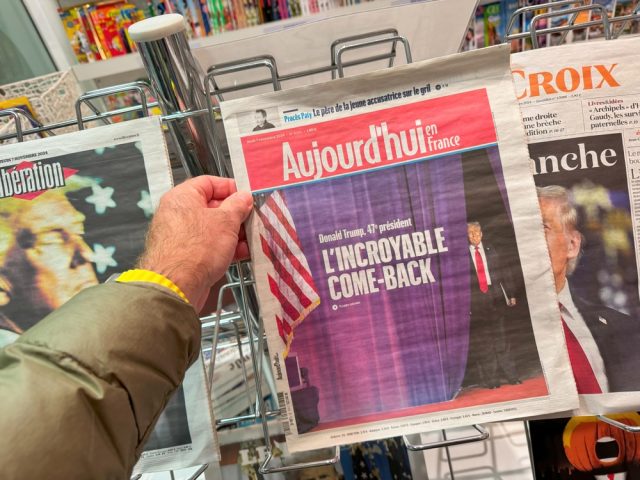
The White House handover between Joe Biden and Donald Trump is now only a handful of days away. A moment that, perhaps more than on other occasions of the same nature, is awaited with strong and mixed feelings. The various political parties, not only in the United States, see this handover in diametrically opposed ways, not to mention the expectations, concerns and hopes that this change in the US Presidency triggers among the players in the various crisis scenarios at international level.
The countdown started as soon as the polls closed and it was clear that The Donald had overwhelmingly won, surpassed by the Democratic nominee only among the elites of the big metropolis. Not even the barrage – almost all of it on social media – from the world of culture and entertainment made the Tycoon’s percentages give way. Thus, on the strength of this recognition of his people – the MAGA, but not only at this point – Trump first began to outline his team, much discussed in certain circles, and then proceeded to list the various objectives, more or less attainable or shareable, that he wants to pursue in this second term.
Naturally, the statements about so-called ‘expansionist aims’ should be read with due care, especially since they start from economic and geopolitical considerations rather than a desire to unleash a series of wars of expansion. Of course, it is very unlikely that we will see American marines crossing the border into Canada or Mexico, it is unlikely – despite Bush’s precedent – that we will see the US military occupy the Panama Canal infrastructure, just as it is practically impossible for the Stars and Stripes to fly over Greenland. More likely is that these statements will open a season of more decisive and, in some ways, more confrontational relations. Probably the tightening of illegal immigration, already strongly announced, will have repercussions on agreements and relations with Mexico.
At the same time, trade with Canada and cross-border relations could become more ‘America first’, while Greenland could be the site of an all-out economic battle for mining rights – especially in the face of the territory that is gradually becoming available due to climate change -, as well as perhaps a more secure foothold on a route that looks towards the Arctic and has increasingly become a battleground between the great powers.
Then there is the question of how the tycoon imagines Europe and the European institutions. The perception is probably that of a fragile organisation, especially in the face of major international challenges and superpowers in an increasingly complex clash (in some cases, not only economic or ideological). The role that the European Union must instead aim to play in this international game and conjuncture is anything but fragile. The conflict in Ukraine itself calls for a strong position of the member states and of the institutions in general. Europe must stand side by side with the United States, not be subordinated to it in the quest to achieve an impossible percentage of defence investment, just to maintain an active role within the Atlantic Alliance.
International trade and the role of hub of dialogue with the African continent cannot be left to the interests of eastern superpowers. Just as the position to be taken on the climate crisis must not be one of subservience to one ideology or another, but must be an objective one that takes into account the expectations of the people and economies of the member states. These are the main challenges that Europe must pose to the new US administration. Recalling Mario Draghi’s report, for example, we cannot shy away from the challenge of becoming a true European power, not least because the alternative would be powerlessness in an increasingly complex scenario.



 Subscribe
Subscribe